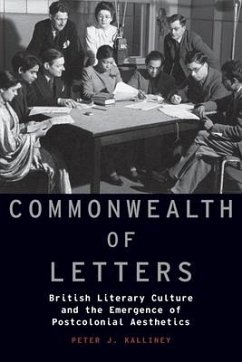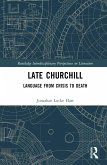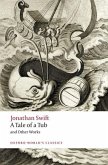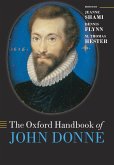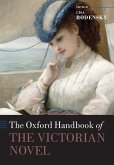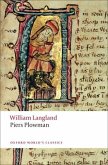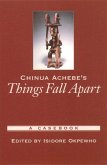Commonwealth of Letters examines midcentury literary institutions integral to modernism and postcolonial writing. Several organizations central to interwar modernism, such as the BBC, influential publishers, and university English departments, became important sites in the emergence of postcolonial literature after the war. How did some of modernism's leading figures of the 1930s--such as T.S. Eliot, Louis MacNeice, and Stephen Spender--come to admire late colonial and early postcolonial literature in the 1950s? Similarly, why did late colonial and early postcolonial writers--including Chinua Achebe, Kamau Brathwaite, Claude McKay, and Ngugi wa Thiong'o--actively seek alliances with metropolitan intellectuals? Peter Kalliney's original and extensive archival work on modernist cultural institutions demonstrates that this disparate group of intellectuals had strong professional incentives to treat one another more as fellow literary professionals, and less as political or cultural antagonists.
Hinweis: Dieser Artikel kann nur an eine deutsche Lieferadresse ausgeliefert werden.
Hinweis: Dieser Artikel kann nur an eine deutsche Lieferadresse ausgeliefert werden.

